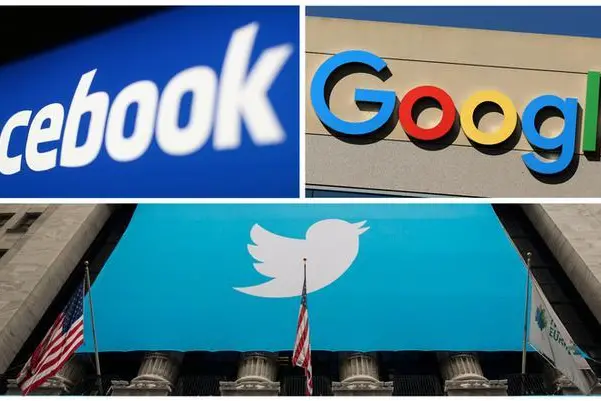PHOTO
(The author is a Reuters Breakingviews columnist. Refiles to remove earlier advisory.)
HONG KONG - The shadow of China’s Great Firewall is darkening Hong Kong. Twitter, Google and Facebook have suspended cooperation with local courts following new rules that enable police to crack down. Others are apt to be affected, too, and blockages seem likely. Popular video app TikTok says it will exit the market within days. It all bodes poorly for attracting skilled professionals to the city and preventing an exodus.
Many companies expected the national security law imposed by China last week to be good for business. Carrie Lam, Hong Kong’s leader, suggested enforcement would be narrowly applied. Implementation rules published on Monday make clear, however, that police have wide latitude. They are empowered to freeze assets, surreptitiously monitor email and phone communications, and search residences, mostly without warrants. They also can require online service providers to delete seditious content.
The idea is to force social media and messaging services to delete expressions likely to “endanger national security”, which per the law includes undermining the single-party state. Netflix, for example, hosts a documentary on pro-democracy activist Joshua Wong, who Beijing considers a secessionist. The extraterritorial scope of the legislation means that Netflix could theoretically be prosecuted for showing it in Hong Kong – or even New Jersey. Ditto if Twitter allows China hawks to use its service to promote regime change.
Google, Facebook and other internet companies blocked in mainland China use Hong Kong as a base to sell to Chinese advertisers. They can relocate those operations, however. The Asian financial hub itself isn’t large enough a market to justify risking backlash in the West. Twitter just purged over 170,000 Chinese accounts it said were fake, so it is unlikely to kowtow to Hong Kong police. Lam might end up blocking access to those who don’t cooperate.
That would be risky. Even Hong Kong residents happy to see the protests quelled are heavy consumers of foreign media, communications and entertainment. That goes for mainland immigrants too – it’s a perk they can’t enjoy at home. Mainland equivalents are pallid substitutes, and illegal VPNs are unreliable. Skilled workers can find comparable employment elsewhere, and they are likely to emigrate even if just to placate disgruntled families. Without them, Hong Kong will be less international and less competitive.
CONTEXT NEWS
- The Hong Kong government on July 6 released rules related to a new national security law that will take effect on July 7. They allow police to conduct searches at private properties without a warrant, freeze suspects’ assets, tap communications and force internet service providers to remove information on websites and delete messages. Company executives who decline to cooperate face potential seizure of equipment, fines and possible jail time.
- Facebook, Google and Twitter said on July 6 that they had suspended processing government requests for user data in Hong Kong.
(The author is a Reuters Breakingviews columnist. Refiles to remove earlier advisory.)
(Editing by Jeffrey Goldfarb and Jamie Lo) ((pete.sweeney@thomsonreuters.com; Reuters Messaging: pete.sweeney.thomsonreuters.com@reuters.net))





















